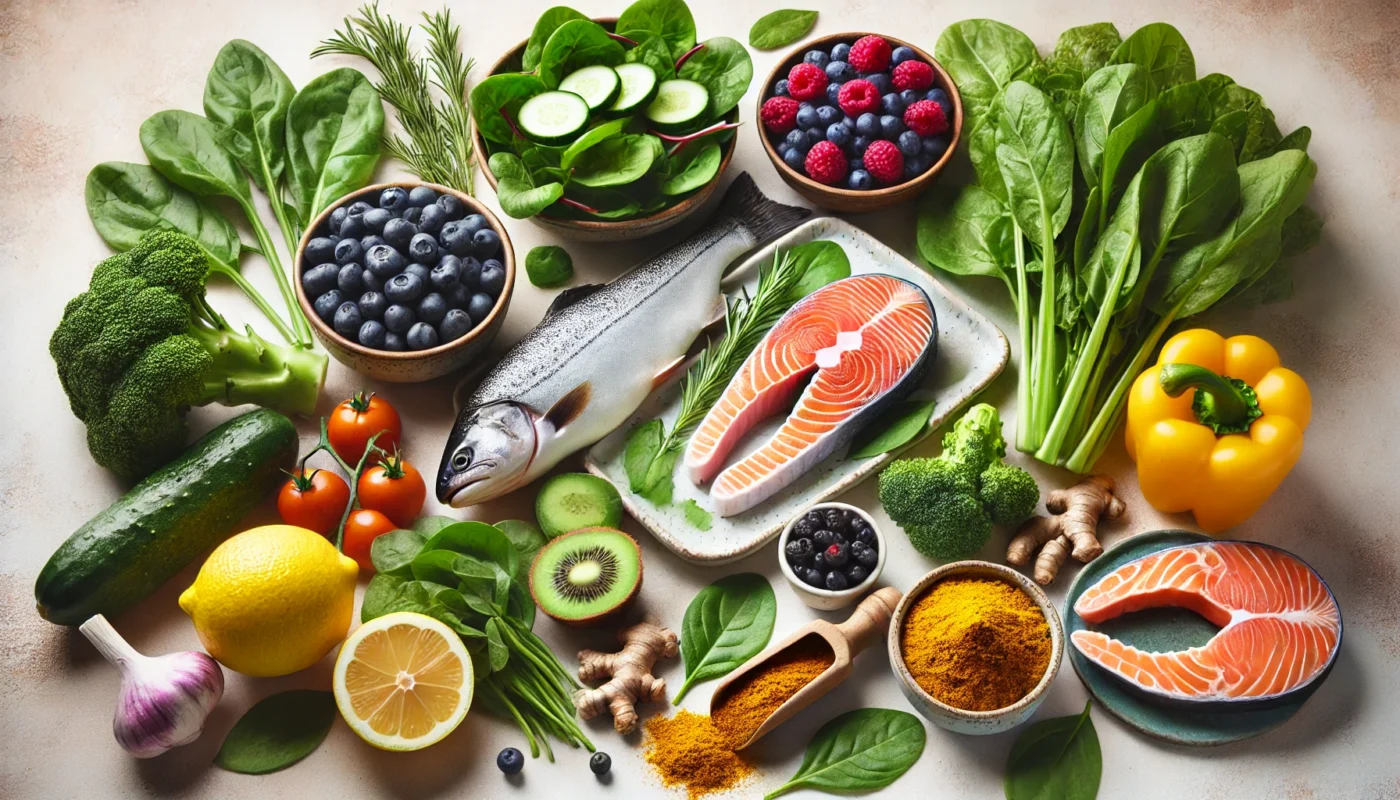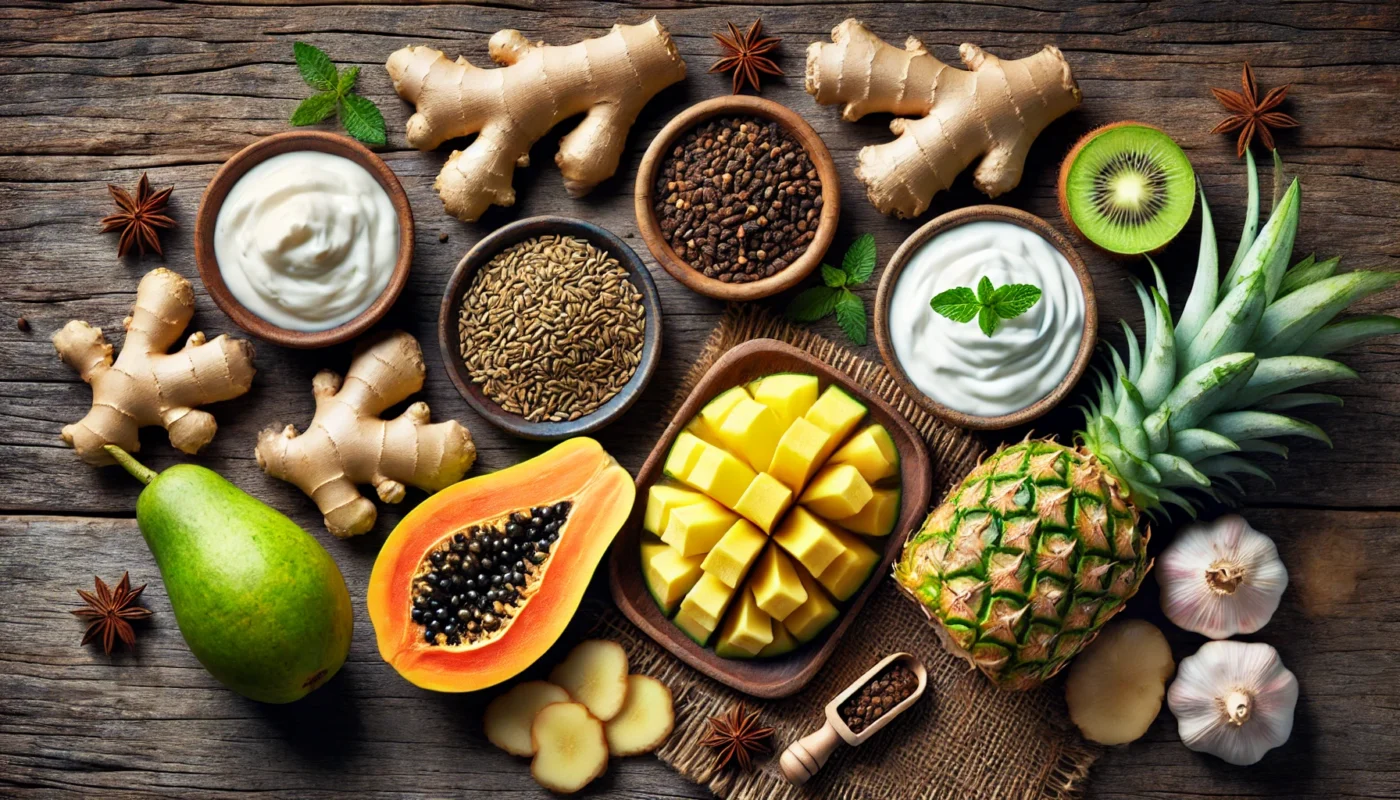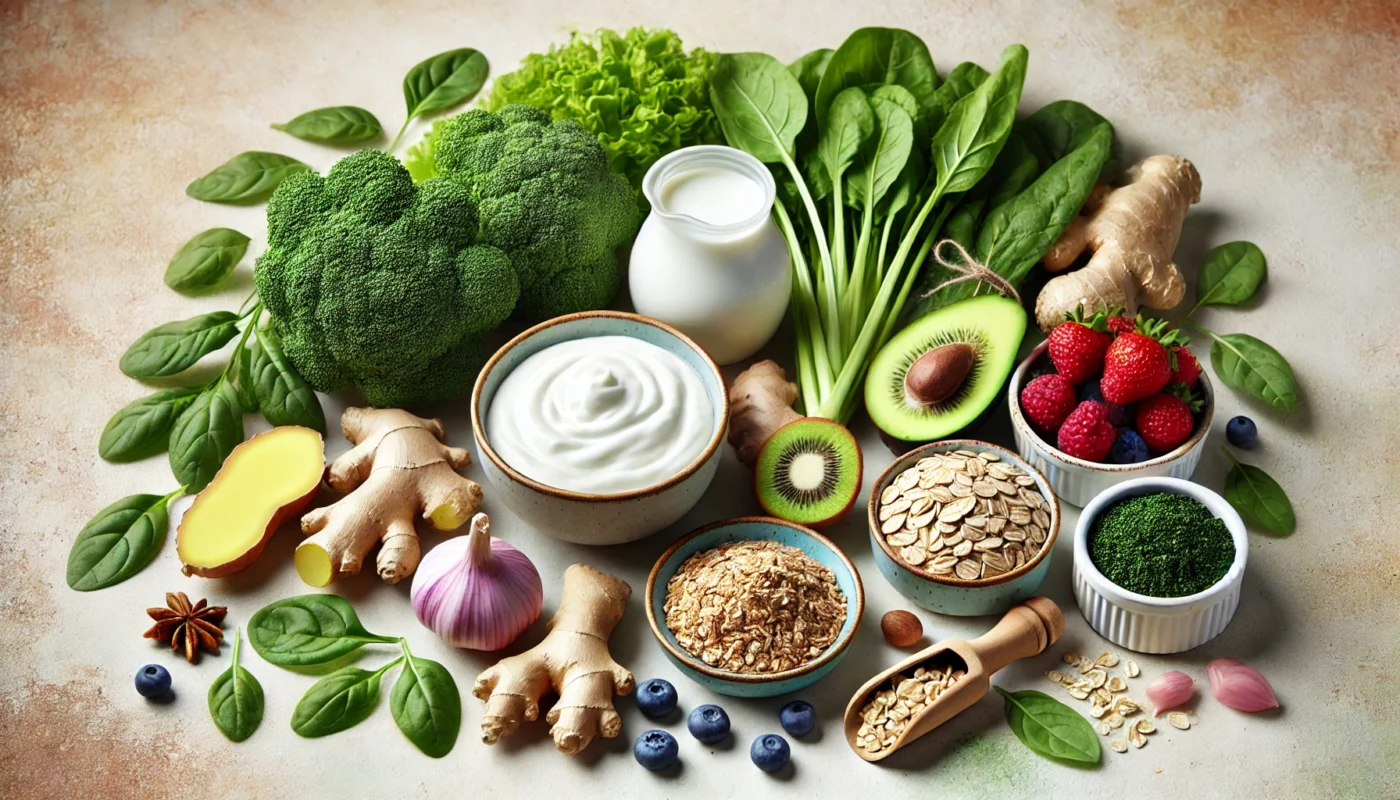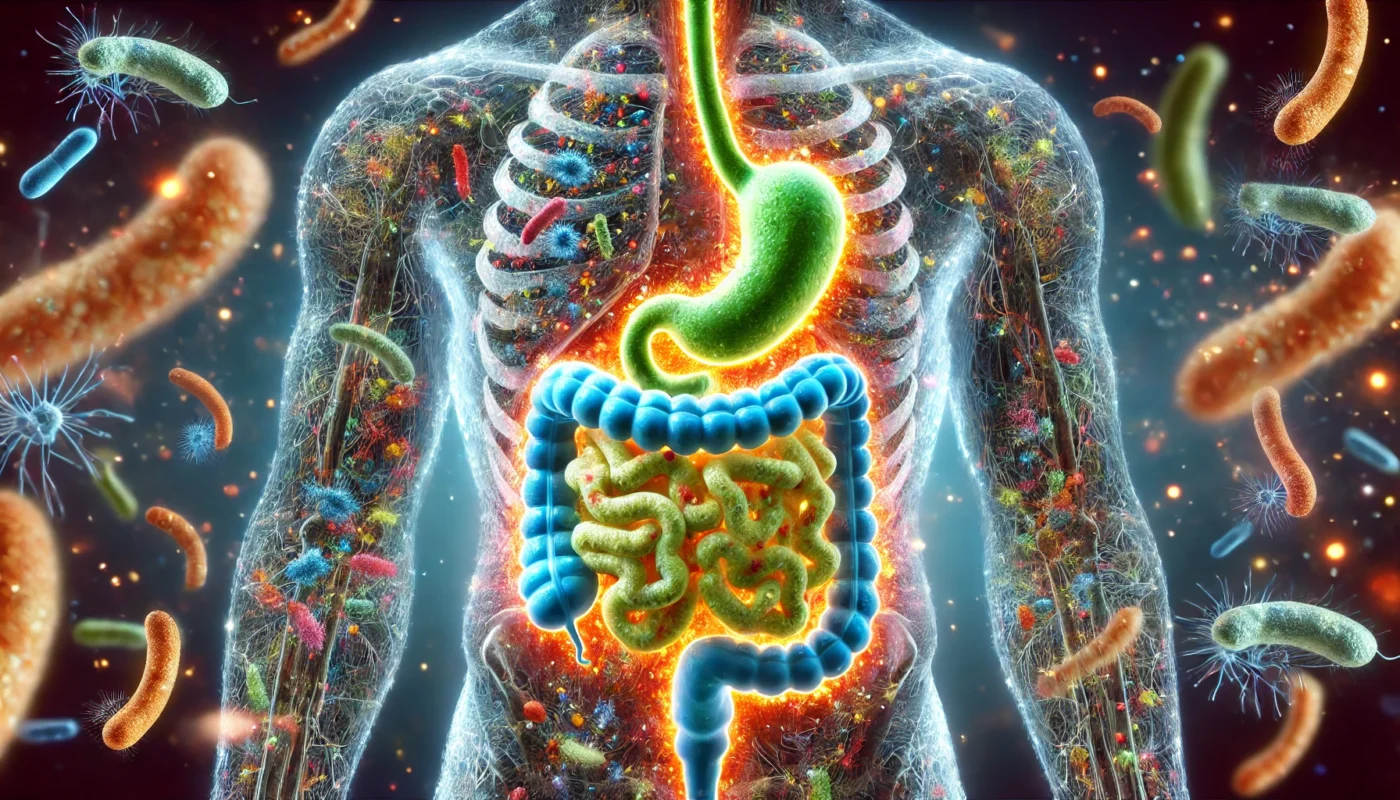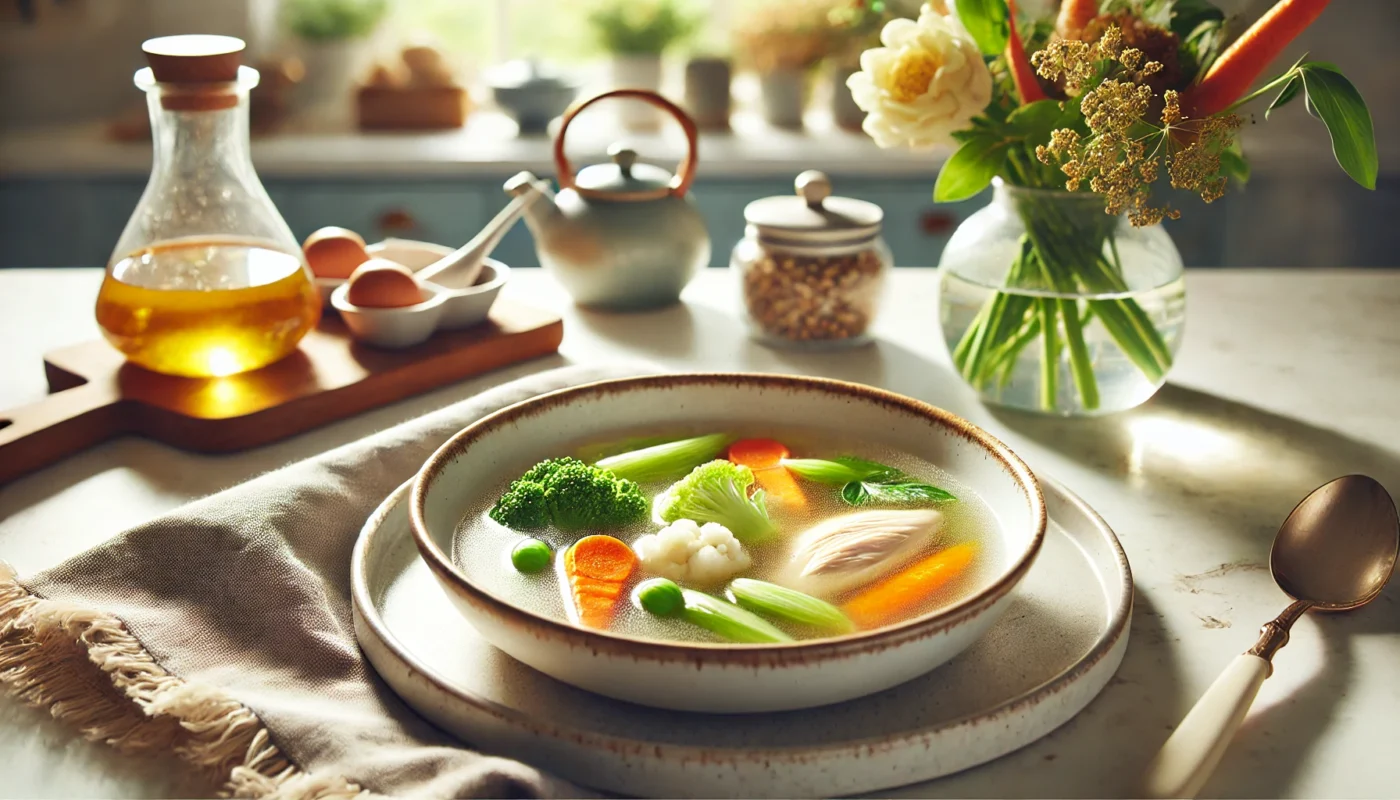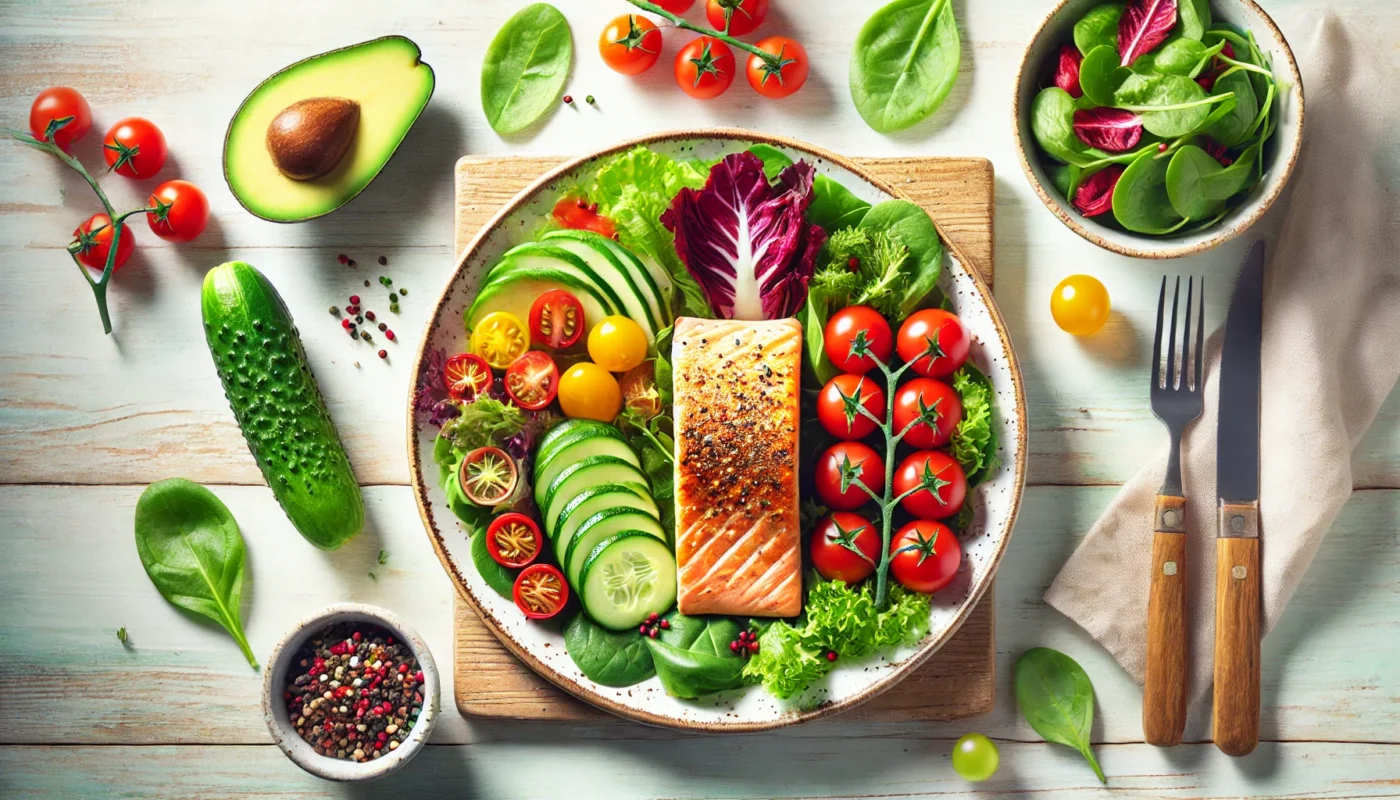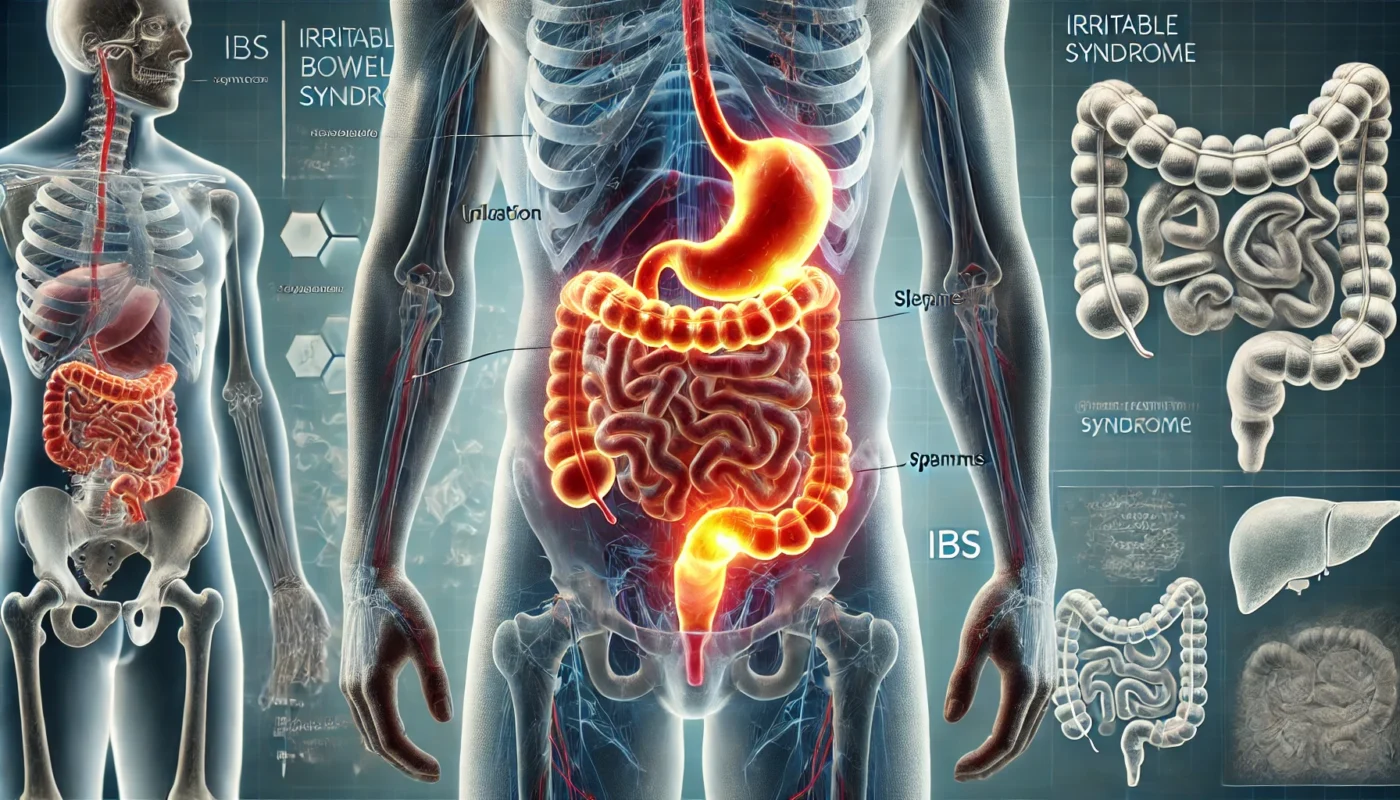Stomach inflammation, also known as gastritis, can be a bothersome condition that affects many individuals. The inflammation of the stomach lining can lead to discomfort, indigestion, and even more severe gastrointestinal issues if left untreated. While traditional medical treatments are available, many people are seeking natural remedies to alleviate their symptoms and promote healing. In this article, we will explore effective natural remedies for healing stomach inflammation, providing you with practical strategies to enhance your well-being.
Tag Archives: digestive health
Colon inflammation, often associated with conditions like Crohn’s disease, ulcerative colitis, and IBS, involves the irritation and swelling of the colon lining. This can lead to symptoms such as abdominal pain, bloating, diarrhea, and fatigue. While medical treatments are essential, dietary interventions can play a significant role in managing these symptoms.
Bloating can be an uncomfortable and often embarrassing condition, characterized by a feeling of fullness or swelling in the abdomen. It is a common complaint that can affect individuals of all ages, and while it is often benign, it can sometimes indicate an underlying health issue. Understanding the causes of bloating is the first step towards finding effective relief.
Before diving into specific foods, it’s crucial to understand the underlying factors contributing to stomach inflammation. Gastritis can be classified as either acute or chronic. Acute gastritis is a sudden inflammation of the stomach lining, while chronic gastritis involves long-term inflammation that can last for years if untreated. Both forms can result in symptoms like nausea, vomiting, bloating, and abdominal pain.
The term “gut health” encompasses the balance of microorganisms living in your digestive tract. Maintaining the right balance of these microorganisms is crucial for your physical and mental well-being. An unhealthy gut can contribute to a wide range of issues including inflammation, fatigue, anxiety, and digestive disorders.
When embarking on the recovery journey following surgery, the body’s demand for specific nutrients intensifies to facilitate effective healing and regain lost strength. The role of a meticulously structured diet cannot be overstated in this context, especially after undergoing procedures such as abdominal surgery or fibroid removal. A balanced diet not only accelerates the healing process but also plays a crucial role in managing common post-operative symptoms, including nausea and a diminished appetite.
The body’s healing process is a marvel of nature, involving a complex interplay of cells, tissues, and nutrients. After surgery or injury, your body requires additional support to repair itself efficiently and effectively. Understanding the role that vitamins play in this process can help you optimize your recovery and ensure that you’re giving your body the best chance to heal.
In this article, we delve into the vitamins that are crucial in promoting healing, explore the best foods to consume post-surgery, and provide practical advice on creating a diet that supports your body’s recovery journey.
This guide will delve into the essentials of an anti-inflammatory diet, providing you with printable resources and meal plans to help you embark on this transformative journey towards better health.
Incorporating vegetables that are both high in protein and low in inflammation into your diet can revolutionize your health and wellbeing. These remarkable veggies offer a compelling blend of nutrients that not only support muscle growth but also reduce inflammation, contributing to overall vitality. Whether you’re a fitness enthusiast, a health aficionado, or someone managing a medical condition, understanding the benefits of these powerhouse veggies can help you achieve your health goals. Let’s delve deeper into how these vegetables can transform your health journey.
Irritable Bowel Syndrome (IBS) is a chronic gastrointestinal disorder that significantly affects the quality of life for millions of individuals worldwide. Characterized by abdominal discomfort and altered bowel habits, IBS poses challenges for both diagnosis and treatment. This article explores IBS in-depth, covering its symptoms, causes, treatment options, nutritional interventions, and preventive strategies, supported by […]


